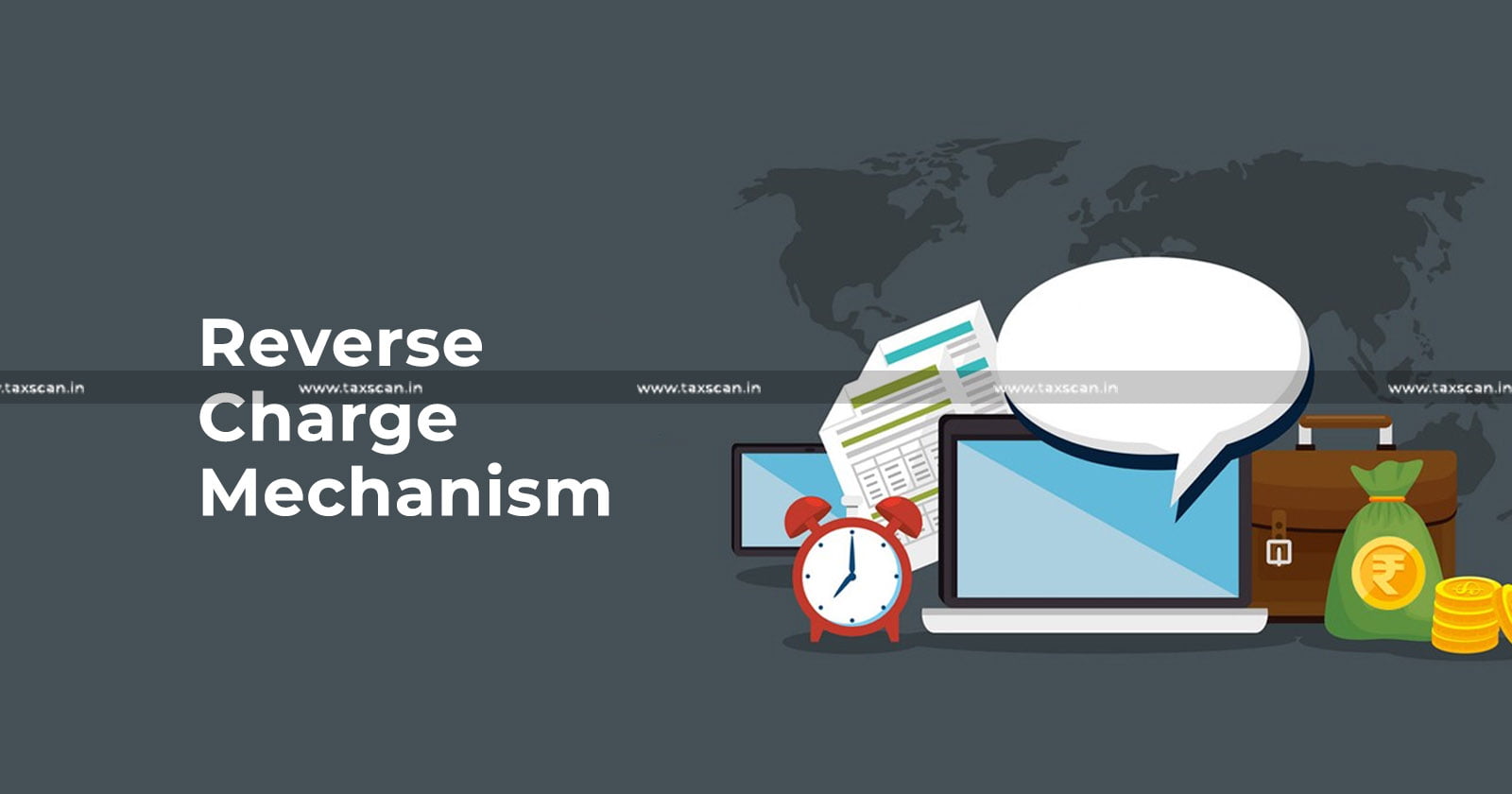Year of Issuance of Invoice under RCM against Supplies by Unregistered Supplier is the relevant Financial Year for Availment of ITC, clarifies GST Council
Recipient of Supplies under RCM liable to for issuance of invoice for Relevant FY for availment of ITC under Time limits under Section 16(4) of GST Act

The Goods and Services Tax ( GST ) Council met for the 53rd time recently and one of the major clarifications issued by the council pertains to that of issuance of invoice by recipient or supplier in case of an unregistered supplier.
The council clarified that the recipient of services is liable to issue invoice for supplies from unregistered suppliers under Reverse Charge Mechanism ( RCM ), and that the the relevant financial year for calculation of time limit for availment of input tax credit under the provisions of section 16(4) of CGST Act is the financial year in which the invoice has been issued by the recipient.
The time limit under Section 16(4) of the Goods and Services Tax ( GST ) Act is considered in accordance with the time of issuance of invoice by the recipient under Reverse Charge Mechanism.
Read Also: The Input Tax Credit Conundrum: Section 16(4) GST Act Decoded with Recent Judgements on ITC
Many other clarifications were issued and proposed to be issued by the council in the meeting. Some of them being –
1. Waiver of Interest and Penalties: Section 128A of the CGST Act will be inserted to provide for the conditional waiver of interest or penalty related to demands raised under Section 73 for FY 2017-18 to FY 2019-20, provided the full tax is paid by March 31, 2025.
2. Monetary Limits for Appeals: To reduce government litigation, monetary limits for filing appeals under GST will be set as follows: – GST Appellate Tribunal: Rs. 20 lakhs – High Court: Rs. 1 crore – Supreme Court: Rs. 2 crores
3. Pre-Deposit Reduction for Appeals: The pre-deposit amount required for filing appeals under GST will be reduced to ease cash flow and working capital for taxpayers. For filing appeals with the appellate authority, the maximum amount will be reduced from Rs. 25 crores ( CGST ) and Rs. 25 crores ( SGST ) to Rs. 20 crores each. For the Appellate Tribunal, it will be reduced from 20% with a maximum of Rs. 50 crores (CGST and SGST each) to 10% with a maximum of Rs. 20 crores each.
4. Taxation of Extra Neutral Alcohol ( ENA ): ENA used for manufacturing alcoholic liquors for human consumption will be explicitly excluded from GST.
5. TCS Rate Reduction for ECOs: The Tax Collected at Source ( TCS ) rate for Electronic Commerce Operators ( ECOs ) will be reduced from 1% to 0.5% to ease the financial burden on suppliers.
6. Appeal Time for GST Appellate Tribunal: The three-month period for filing appeals before the Appellate Tribunal will start from a date to be notified by the Government, allowing sufficient time for pending cases.
7. Relaxation in Section 16(4) Conditions: For FY 2017-18 to 2020-21, the time limit to avail input tax credit ( ITC ) through any return filed up to November 30, 2021, will be deemed to be November 30, 2021. Similar retrospective relaxations will apply to returns filed after revocation of cancellation of registration.
Read More Here: 53rd GST Council Meeting: Know the Decisions in Detail
The following Relaxations in condition of section 16(4) of the Central Goods and Services Tax Act were also proposed by the council:
a) In respect of initial years of implementation of GST, i.e., financial years 2017-18, 2018-19, 2019-20 and 2020-21:
The GST Council recommended that the time limit to avail input tax credit in respect of any invoice or debit note under Section 16(4) of CGST Act, through any return in FORM GSTR 3B filed upto 30.11.2021 for the financial years 2017-18, 2018-19, 2019-20 and 2020-21, may be deemed to be 30.11.2021. For the same, requisite amendment in section 16(4) of CGST Act, retrospectively, w.e.f. 01.07.2017, has been recommended by the Council.
b) with respect to cases where returns have been filed after revocation:
The GST Council recommended retrospective amendment in Section 16(4) of CGST Act, to be made effective from July 1st, 2017, to conditionally relax the provisions of section 16(4) of CGST Act in cases where returns for the period from the date of cancellation of registration/ effective date of cancellation of registration till the date of revocation of cancellation of the registration, are filed by the registered person within thirty days of the order of revocation.
Support our journalism by subscribing to Taxscan premium. Follow us on Telegram for quick updates


